Information Literacy
What is information literacy?
Information literacy is the ability to think critically about information. It is a combination of research skills, technology skills, and communication skills. Information literacy is essential for academic and life success. According to the Association of College and Research Libraries’ Framework for Information Literacy for Higher Education: “Information literacy is the set of integrated abilities encompassing the reflective discovery of information, the understanding of how information is produced and valued, and the use of information in creating new knowledge and participating ethically in communities of learning.”
The information literate student can:
- Recognize problems and create questions
- Make a strategy for !nding information from multiple source types
- Evaluate the credibility of sources (i.e. is the material peer-reviewed or held to an ethical standard?)
- Organize and synthesize all gathered information
- Make conclusions and effectively process understanding
- Understand the economic, legal, ethical and social issues surrounding the use of information
Information literacy instruction focuses on the skills required to define, locate, evaluate, and use information for all disciplines.
The Library’s Role
Some ways that the library participates in information literacy education is by:
- Teaching library instruction sessions
- Collaborating with faculty to create e”ective research assignments
- Creating or helping to create exercises for students to engage in information literacy concepts (ex: the difference between scholarly and popular articles)
- Developing research guides for speci!c disciplines and courses
- Delivering online tutorials tied to course content

